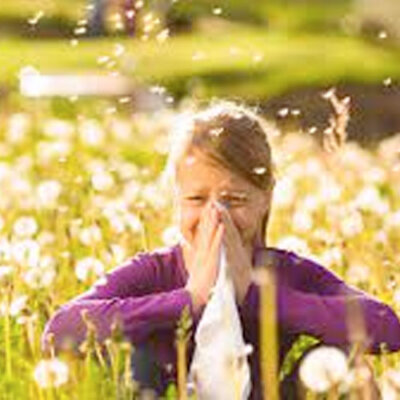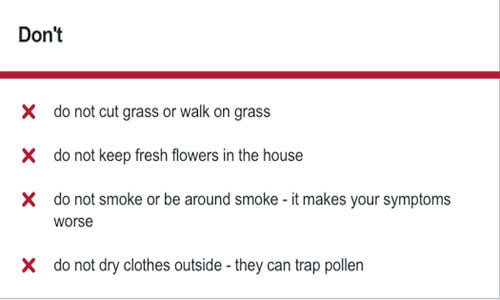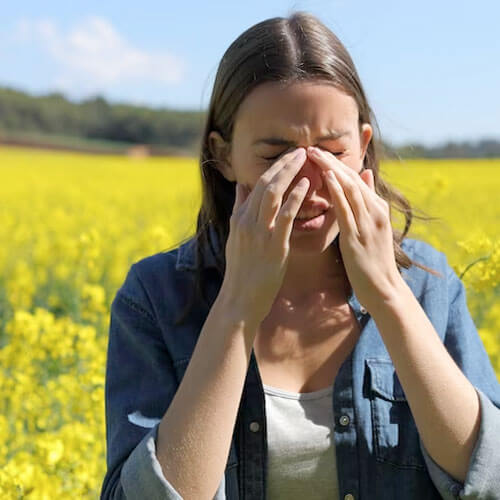Uncategorised
Hayfever season begins in March
Get ready for Hayfever season which begins in early March in Ireland with the release of tree pollen.
Please find below all you need to know about Hayfever.
Hay fever
Hay fever is an allergic reaction to pollen. You will have hay fever symptoms soon after pollen comes into contact with your mouth, nose, eyes and throat.
Pollen is a fine powder that comes from plants. The most common sources of pollen are trees, grass and weeds.
Hay fever is also called seasonal allergic rhinitis.
Hay fever symptoms are usually worse between late March and September. The pollen count is at its highest when the weather is warm, humid and windy.
You can have symptoms for weeks or months, or sometimes all year round.
Hay fever symptoms
Symptoms of hay fever include:
- sneezing and coughing
- a runny or blocked nose
- itchy, red or watery eyes
- itchy throat, mouth, nose and ears
- loss of smell
- pain around your temples and forehead
- headache
- earache
- feeling tired
Hay fever symptoms in children

Hay fever symptoms in children are the same as in adults.
Hay fever usually begins in children between ages 2 and 5. If your child is under 2 and is showing similar symptoms, it may not be hay fever.
With children, sometimes it can be hard to tell if they’ve got hay fever or a common cold.
There are some ways to spot the difference.
How you know it’s hay fever
If your child has hay fever they will not usually have a high temperature or a sore throat.
But they will have:
- symptoms for at least 6 to 8 weeks – a cold will last 1 to 3 weeks
- symptoms at the same time every year (pollen season)
- itchy eyes and nose
Hay fever symptoms ease for some children as they get older. For others, symptoms will disappear altogether.
Hay fever and asthma
If you have hay fever and asthma, you may also have other symptoms.
These include:
- a tight feeling in your chest
- shortness of breath
- a wheeze and cough
Hay fever can make asthma harder to control. Talk to your GP if you are worried about your symptoms.
What you can do to avoid getting symptoms
There’s no cure for hay fever and you cannot prevent it. But you can try to avoid pollen when the count is high.
You can also use some of these tips to help keep you or your child symptom free
 .
.
A pharmacist can help with hay fever
Speak to your pharmacist if you have hay fever. They can give advice and suggest the best treatments. Treatments include antihistamine drops, tablets or nasal sprays.
These treatments can help with:
- itchy and watery eyes
- sneezing
- a blocked nose
Source HSE


